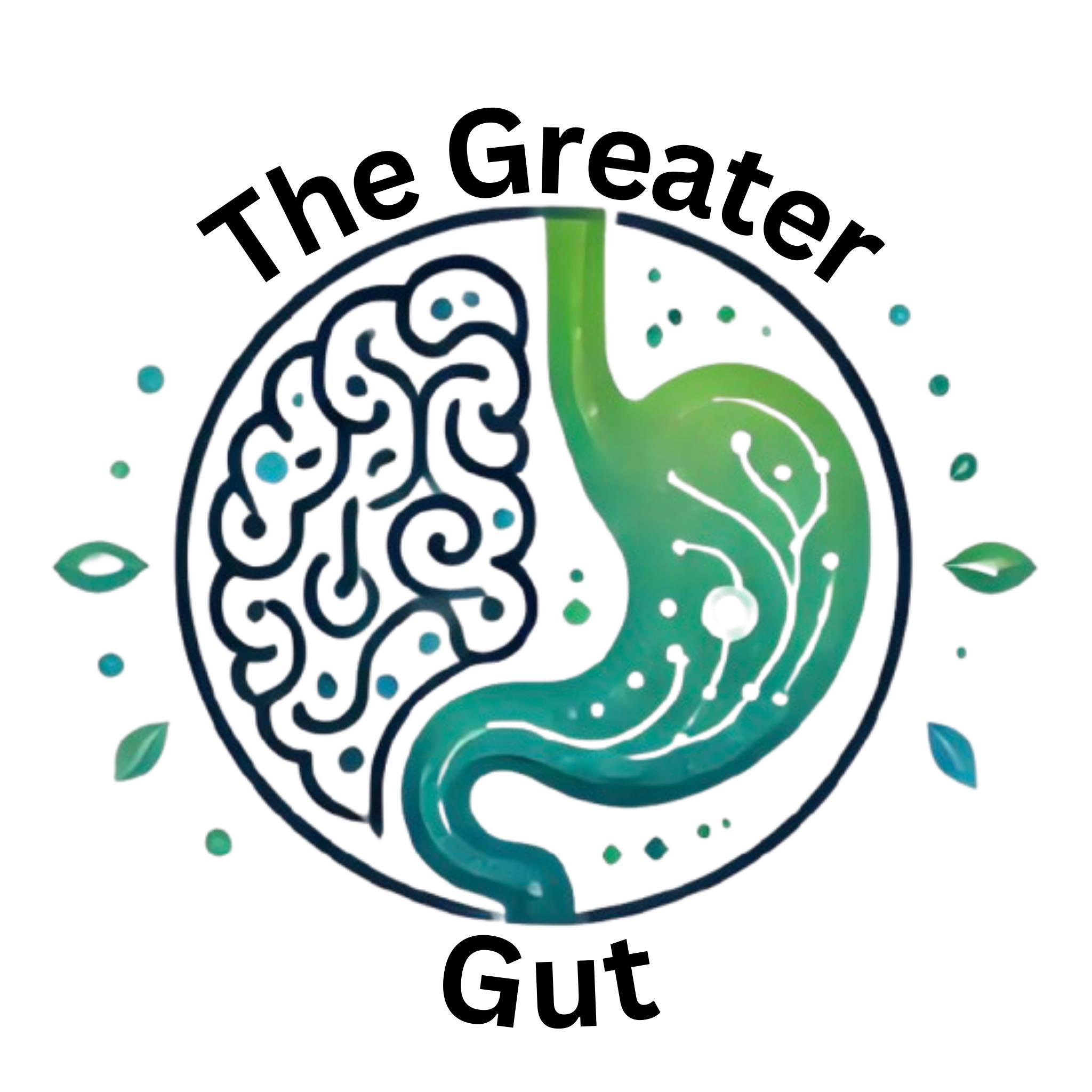Meditation, stress reduction techniques, and physical exercise can play a significant role in improving the mind-gut health of individuals suffering from chronic gastrointestinal (GI) issues. Here’s how each of these approaches can benefit:
Meditation and Stress Reduction:
Reduces Stress Levels: Chronic stress can exacerbate GI symptoms and contribute to inflammation in the gut. Meditation and stress reduction techniques, such as deep breathing, mindfulness meditation, and progressive muscle relaxation, help calm the body’s stress response, leading to decreased levels of cortisol and other stress hormones.
Balances Gut Microbiota: Stress can disrupt the balance of gut bacteria, leading to dysbiosis and exacerbating GI symptoms. By reducing stress levels, meditation and stress reduction techniques create a more favorable environment for beneficial gut bacteria to thrive, promoting gut health.
Improves Digestive Function: Studies have shown that mindfulness-based interventions can improve symptoms of GI disorders like irritable bowel syndrome (IBS) by reducing abdominal pain, bloating, and discomfort. Meditation enhances awareness of bodily sensations, helping individuals better manage and cope with GI symptoms.
Physical Exercise:
Enhances Gut Motility: Regular physical exercise stimulates gut motility and helps regulate bowel movements, which can be beneficial for individuals with constipation-predominant IBS or other functional GI disorders.
Reduces Inflammation: Exercise has anti-inflammatory effects on the body, which can help reduce inflammation in the gut associated with conditions like inflammatory bowel disease (IBD) or leaky gut syndrome.
Promotes Overall Well-being: Exercise releases endorphins, neurotransmitters that promote feelings of well-being and happiness. By improving mood and reducing stress, physical activity indirectly supports gut health by modulating the mind-gut axis.
Other Lifestyle Modifications:
Healthy Diet: Adopting a gut-friendly diet rich in fiber, fruits, vegetables, and fermented foods can complement meditation and exercise by nourishing beneficial gut bacteria and promoting digestive health.
Adequate Sleep: Prioritizing quality sleep is essential for overall health, including gut health. Adequate sleep supports immune function, regulates appetite hormones, and allows for repair and regeneration of the gut lining.
Hydration: Staying hydrated by drinking plenty of water supports digestive function and helps maintain the mucosal lining of the intestines, reducing the risk of GI issues.
Conclusion:
By incorporating meditation, stress reduction techniques, physical exercise, and other lifestyle modifications into their daily routine, individuals suffering from chronic GI health issues can support the mind-gut connection, alleviate symptoms, and improve their overall quality of life. However, it’s essential for individuals to work closely with healthcare professionals to develop a comprehensive treatment plan tailored to their specific needs and circumstances.




